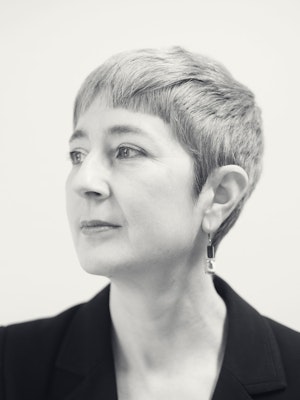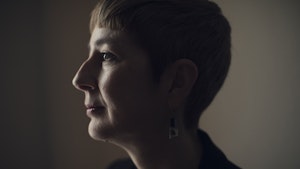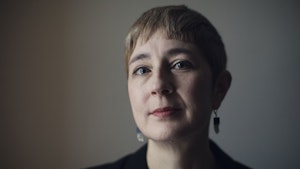Darla Crispin, from Canada, has been employed at the Norwegian Academy of Music since 2015, first as Director of the Arne Nordheim Centre for Artistic Research and until 2021 also as Vice-Principal for Research and Artistic Development.
“I believe that research also impacts on social qualities which the Academy wants to promote, like flexibility and openness, dialogue, equal opportunities and diversity. All this can be achieved by adopting an exploratory approach, a view that doesn’t take things for granted but causes us to keep asking questions and basically be inquisitive about our own work and what that work means in a wider social context.”
Does the Academy have guidelines for the kinds of areas that should be researched?
“We have an idealistic view of research and have no desire to exclude anything which may be of interest or relevance to the institution. But the Academy has three research centres and a centre for music performance education, and each of these centres focuses on certain fields.
“We also conduct important work within more established music science, so we’re trying to develop expertise in broad areas and have an open view of what people want to work on.”






